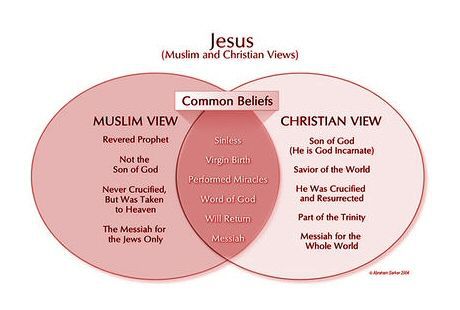I recently attended the Evangelical Theological Society conference held in San Antonio, Texas (2016). The theme of the conference was, The Trinity. As I work in the evangelistic area of ministry to Muslims, I focused my time on the conference sessions that were devoted to on Christian-Muslim dialogue and theology. One of the sessions was entitled, Do Christians and Muslims Worship the Same God? As many of you know, this has become a hot button topic since the dispute at Wheaton College involving Professor Larycia Hawkins, in the latter part of 2015. (For more on this topic, article here.)
Dr. Imad Shehadeh, in his paper, Allah and the Trinity[1], offers the following insight and perspective on the question, ‘do Christians and Muslims worship the same God’:
The solution to this stalemate is that the question that should be asked is not about sameness, but about difference. What is the belief that Christianity has that Islam does not adhere to? From this difference stems all other differences.
Again, Litfin is helpful here,
There is an unavoidable difference in the conception of God as spoken of by Christianity and Islam. This difference is in one word: the gospel. Both have common beliefs, but Christianity goes much further than Islam does, holding to core beliefs about God not found in Islam and even strongly rejected by it.[3]

